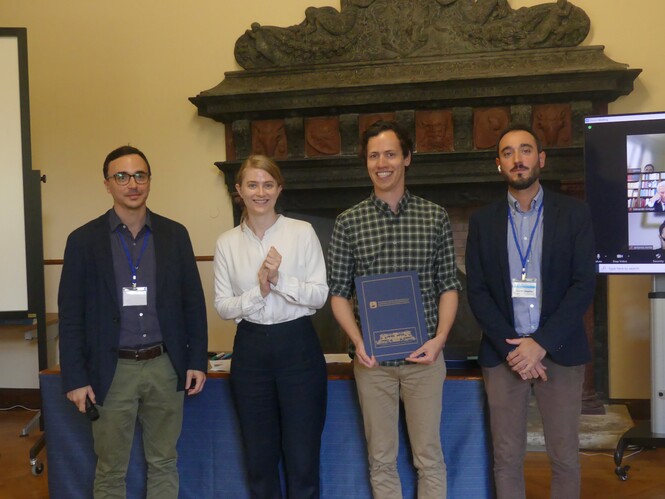
Thomas is a postdoctoral researcher at the University of New South Wales in Australia. Thomas’ Ph.D. thesis was on the principle of solidarity in international disaster response law. Thomas took a normative approach in examining how solidarity could advance the development of international disaster response law by presenting an alternative interpretation and proposing new norms for controversial legal and practical issues.
What was the most surprising thing you learned on the course?
The most surprising aspect was realizing the complex web of legal and institutional challenges that disasters, including pandemics, pose. I was amazed to discover the vast range of stakeholders involved, from humanitarian actors to international/national institutions, and how they all play critical roles in disaster management. This comprehensive perspective has shaped my understanding of the holistic approach needed to address these global hazards effectively.
What was the most significant thing you learned on the course?
The most significant takeaway from the course was the importance of disaster law as a crucial area of study. Disasters have far-reaching impacts on human security and development, and understanding the legal framework surrounding them is essential for creating effective disaster response mechanisms. The course helped me appreciate the significance of having well-prepared policymakers and people in the field to navigate the complex challenges posed by disasters.
Why is it important that we ensure disaster law is an area of the law that is studied?
Disasters are a recurrent global challenge, and their impact is increasing in scale and complexity. Studying disaster law allows us to comprehend the legal dimensions of these crises, enabling us to develop and implement effective policies and strategies for prevention, response, and recovery. By ensuring disaster law is an area of study, we equip those involved in disaster preparedness and response with the knowledge to address the legal challenges inherent in disaster management.
How have you applied learnings from the course?
The course equipped me with valuable insights into existing international laws and regulatory issues pertaining to disaster prevention and management. I've applied these lessons in my research. The course has particularly helped me to better understand the legal implications and challenges surrounding disaster response and preparedness in a humanitarian context.
Why would you recommend enrolling in the course?
I highly recommend the International Disaster Law course to anyone with an interest in humanitarian work, international law, or disaster management. The course provides a comprehensive overview of key regulatory issues and the legal complexities surrounding disasters, including pandemics. With the guidance of academics and experts from the field, participants gain useful insights and practical skills that can be directly applied to their work and contribute to making a positive impact in disaster-prone regions.
Click here for more information and to enrol.